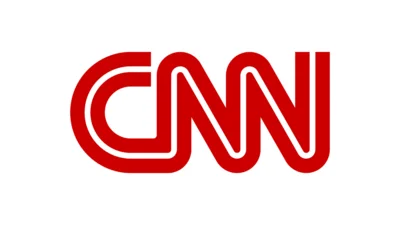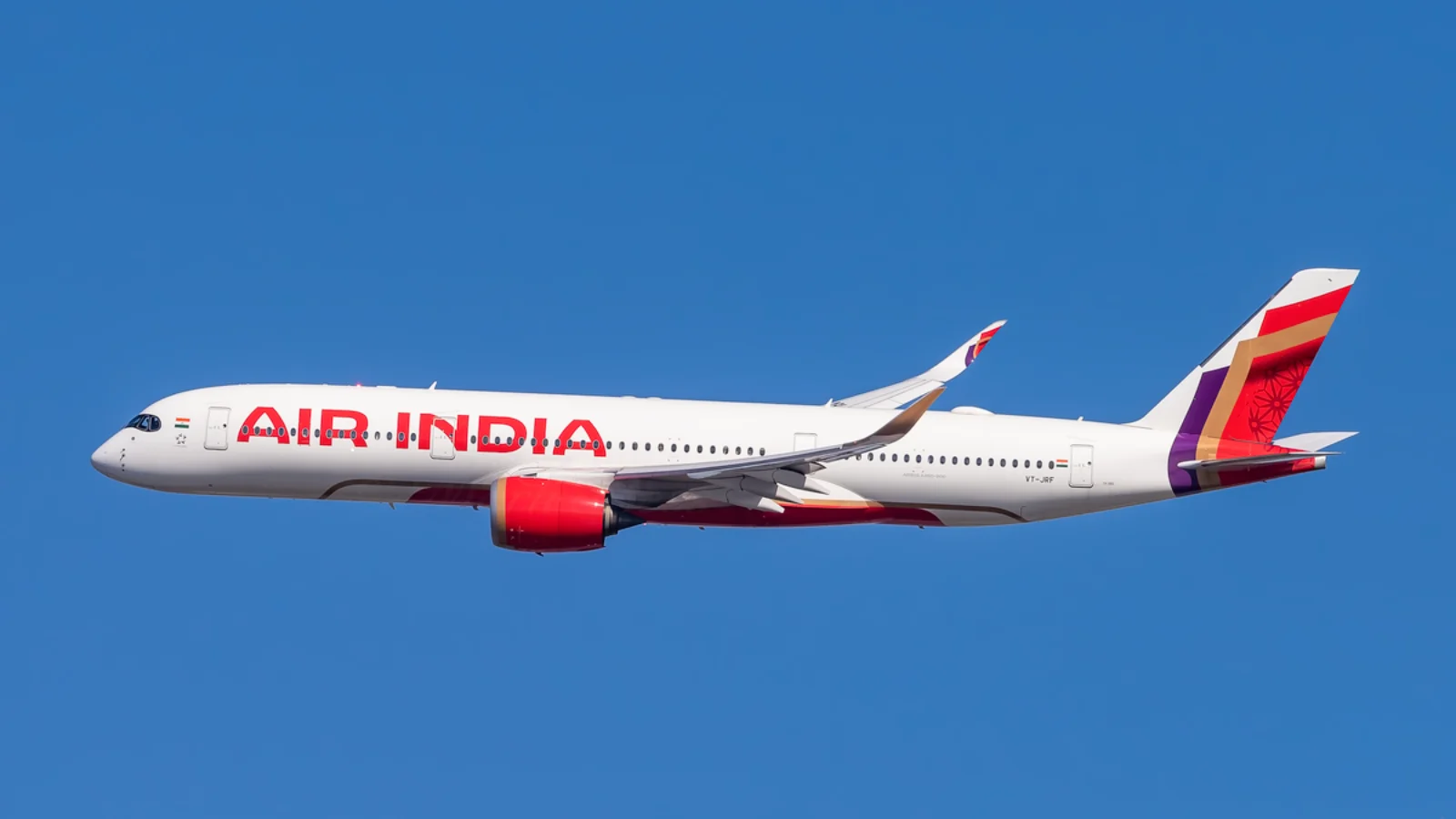Venezuela's flag carrier VIASA, officially known as Venezolana Internacional de Aviacion Sociedad Cononima, ceased operations in 1997 following a failed privatization effort. Initially founded in 1960 as a private entity, the airline was nationalized in 1975 due to financial struggles. In 1991, the Venezuelan government opted to reprivatize VIASA, with Spanish carrier Iberia acquiring the largest stake.
The privatization process began when the government decided to sell off VIASA, transferring 60% of shares to private investors and 20% to employees while retaining some control. Iberia won the bidding with a $145.5 million offer, partnering with Banco Provincial and Northwest Airlines.
Despite initial hopes for success under new management, VIASA faced financial difficulties by the mid-1990s. Operations halted on January 23rd, 1997 after staff rejected restructuring plans proposed by Iberia. Attempts by various parties to rescue the airline failed, leading Iberia to liquidate it.
 Alerts Sign-up
Alerts Sign-up


















